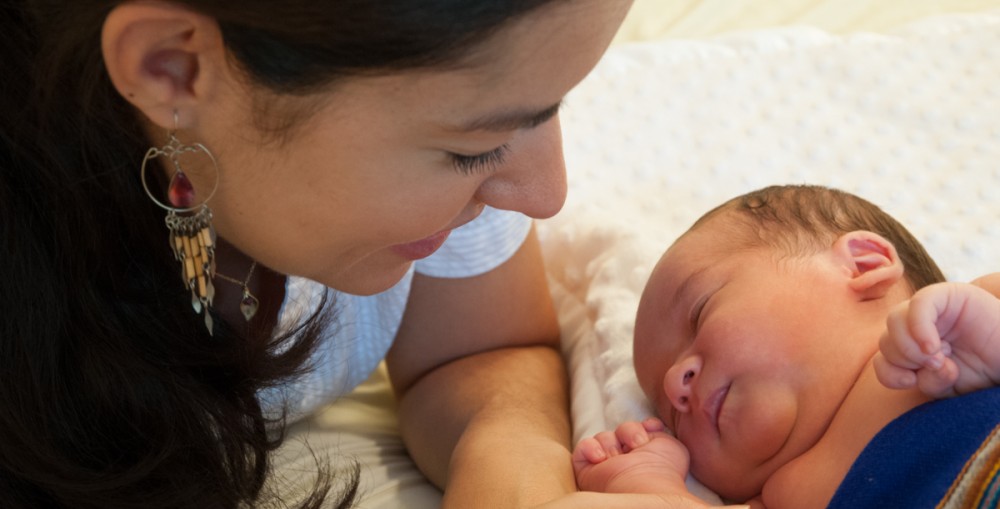Like we’ve discussed in class, the terms “midwife” or “skilled birth attendant” mean different things in different cultures. They differ in terms of levels of education, authority and skill. I thought about having it mandated that all midwives worldwide have a certain skill and education level, but then I thought about the midwives and skilled birth attendants in places like Mali and how Monique was one of the only trained midwives in her location. Besides not having the infrastructure to train these individuals, I thought about wars and other obstacles that may prevent training or would make them reluctant to even go through the training process. From the case study that was done in Liberia, one of the issues that was mentioned was a shortage of midwives as well as a shortage of doctors. In cases where there is a shortage of midwives and other health professionals what are the options left for people who need medical care? and how can this shortage problem be solved? Nowadays in a lot of African countries, individuals receive their training in foreign countries and continue to practice in the country where they received training. They usually leave with the intention of returning but the incentives/benefits of having these degrees and certificates in most of these countries do not reflect their level of training. This summer in Nigeria, a lot of the doctors went on strike because they were not receiving their salaries. Like we also discussed in class, rural areas are less likely to be staffed with TBAs and TTMs because of distance and other factors. People would be reluctant to live so far from the city. I know for rural northern Nigeria, it was difficult for the National Primary Health Care development center to gather volunteers and midwives to relocate there. In addition to training more midwives and healthcare professionals, how can conditions in these rural locations be modified to make living easier so that these trained individuals would choose to stay.
Birth and Global Health
